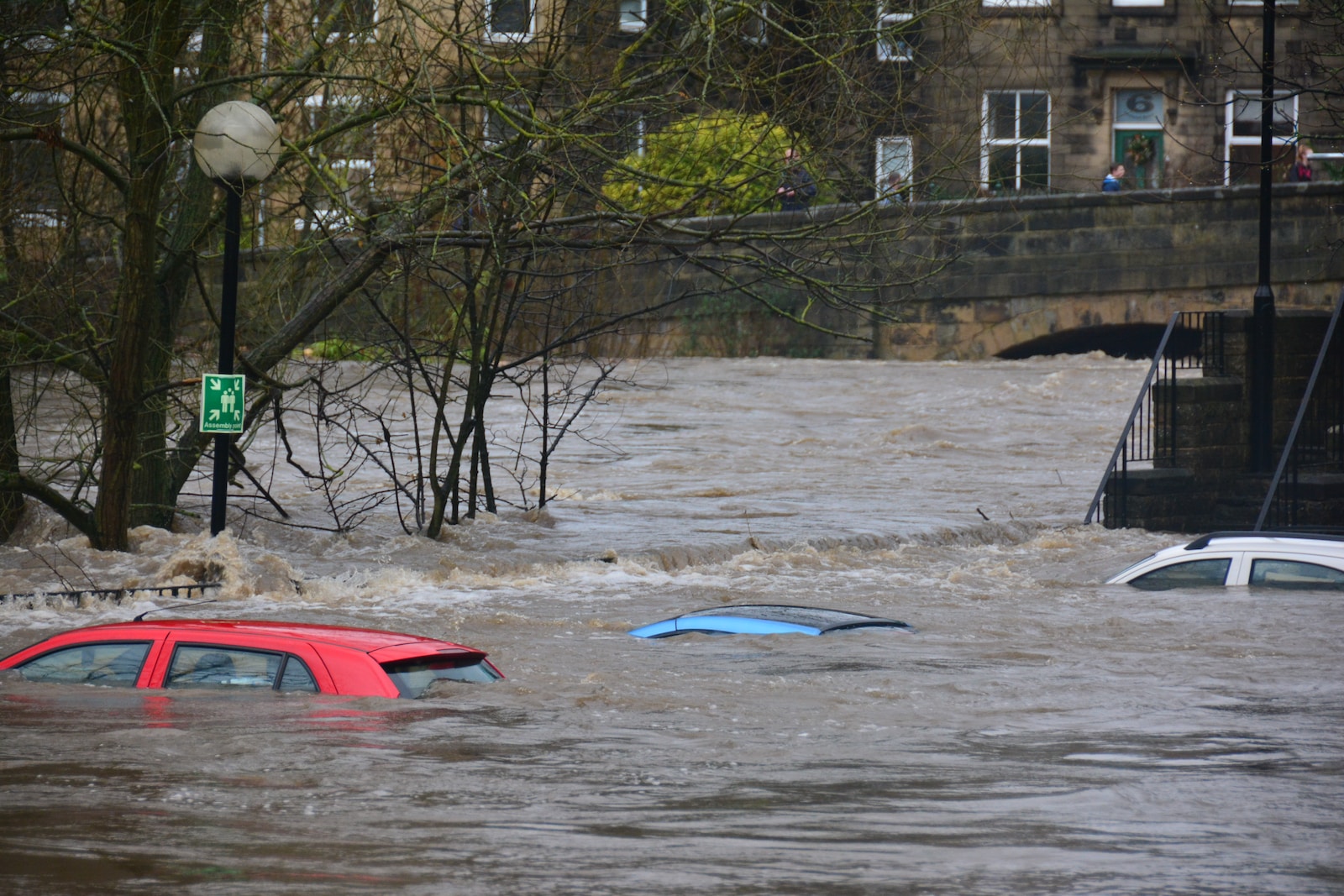
Flood Insurance in North Carolina
Flooding is a common and significant threat to homeowners in North Carolina. Therefore, it’s essential to understand the risks and available options for flood insurance. The National Flood Insurance Program (NFIP) or private insurance companies can provide coverage for flood damages, as regular homeowners’ insurance policies do not cover flood damage.
FEMA identifies flood zones in North Carolina using a coding system that helps to determine the level of risk for flooding in a particular area. The different flood zone codes include AE, VE, X (shaded), and X (unshaded). Homeowners can identify their flood zone code by visiting the FEMA Flood Map Service Center website or contacting their insurance agent or local government. High-risk zones may require flood insurance, while moderate and minimal risk zones may provide an option to obtain coverage at a lower cost or none at all. Below are the codes and what they mean
– AE: This code indicates that the area is at high risk for flooding from rivers, streams, and other bodies of water with a 1% chance of flooding each year, also known as a “100-year floodplain.”
– VE: This code indicates that the area is at high risk for flooding from coastal storm surges with a 1% chance of flooding each year.
– X (shaded): This code indicates that the area is at moderate risk for flooding from rivers, streams, and other bodies of water with a 0.2% chance of flooding each year, also known as a “500-year floodplain.”
– X (unshaded): This code indicates that the area is at minimal risk for flooding.
Before purchasing flood insurance, homeowners must understand the coverage limits, policy exclusions, and waiting periods. Standard NFIP coverage has a 30-day waiting period before the policy takes effect, and the maximum coverage limit is $250,000 for a single-family home and $100,000 for personal property. Private insurance companies may provide higher coverage limits, and it’s essential to compare policies and pricing before making a decision.
In the event of a flood, homeowners should prioritize their safety and document any damage to their property. It’s also important to contact the insurance company immediately to start the claims process.
In summary, homeowners in North Carolina must understand their flood risk and purchase flood insurance if necessary. Knowing the flood zone code, coverage limits, and policy exclusions can help make an informed decision. By taking appropriate safety measures and filing an insurance claim promptly, homeowners can quickly recover from flood damage.
Have questions about flood insurance? Contact us today!
Categories: Blog
